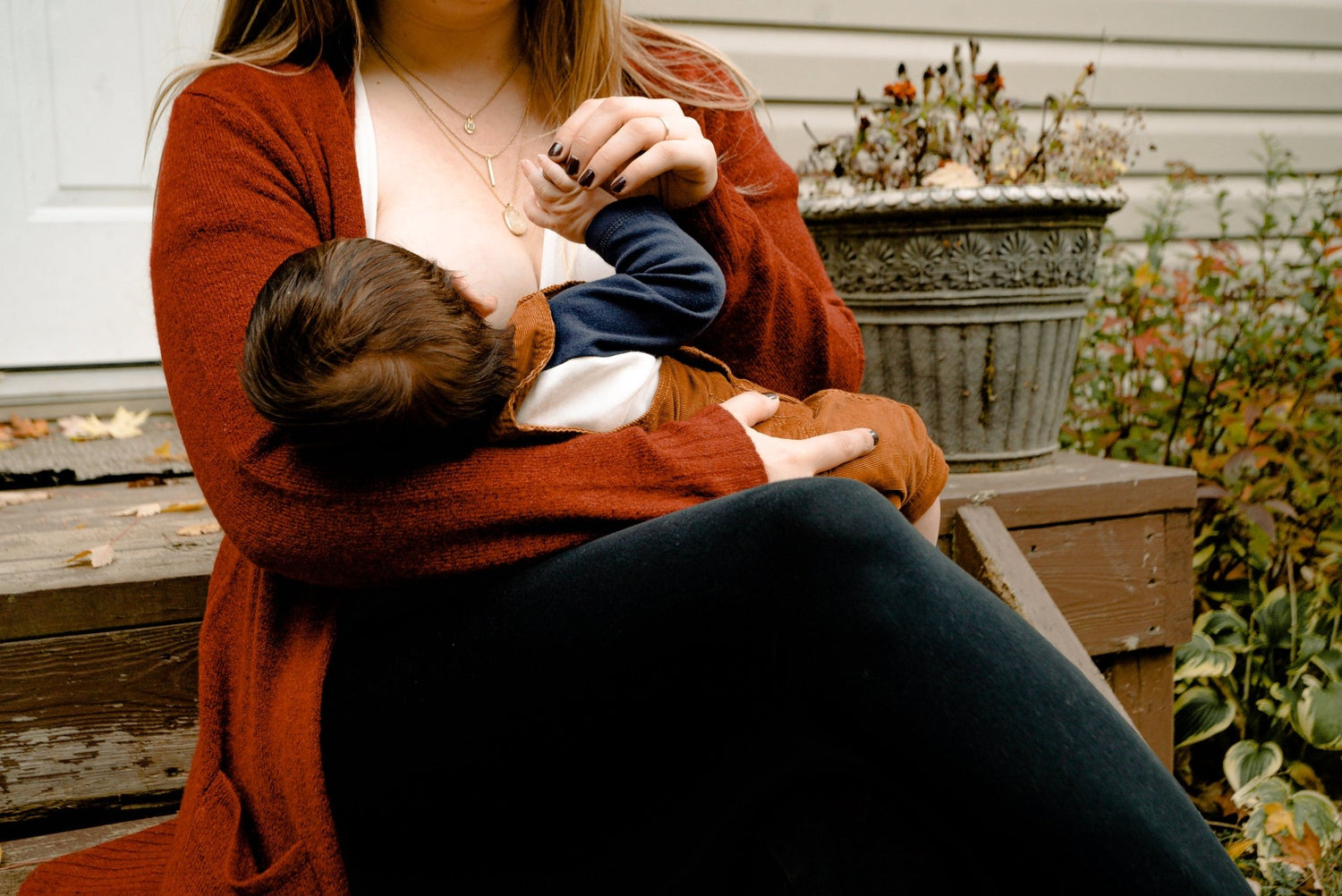When do babies start dreaming and what do they dream about?
You're probably wondering what goes on in your baby's dreams when he or she is sleeping peacefully. Dreams are not only fascinating for adults, but also play an important role in the development and well-being of babies. In this article, we will look at the phenomenon of dreaming in babies and find out why it is so important for babies.
1. Dreaming in babies: The REM sleep phase
To understand dreaming in babies, we first need to look at their sleep cycle and in particular the REM phase. REM (Rapid Eye Movement) is a sleep phase that occurs in both babies and adults. However, there are some differences between the REM phase in babies and the REM phase in adults.
1.1 The REM phase
In infants, the REM phase takes up a considerable part of sleep, while in adults it accounts for around 20 to 25 per cent of total sleep. In newborns, the REM phase can even account for up to 50 per cent of sleep and becomes shorter and shorter over the course of the first year of life.
1.2 The duration of the REM phase
Another difference is the duration of the REM phases. In babies, these phases are generally shorter and occur more frequently than in adults. This is because babies have a faster sleep-wake cycle. Overall, they have shorter and more spaced out sleep cycles.
1.3 The nature of dreams
The type of dreams during the REM phase can also vary. In adults, dreams are often more complex and based on a variety of experiences and memories. In contrast, babies' dreams are usually simpler and less structured due to their limited experiences. Nevertheless, babies can also experience intense emotions in their dreams, as emotions are closely linked to the development of the limbic system.
This allows them to process impressions and experiences while dreaming, which in turn promotes learning and memory formation. Processing information during sleep is a natural process that helps babies to better understand the world around them.
2. What do babies dream about?
Babies have different types of dreams that influence their senses, emotions and imagination.
- Sensory dreams enable them to perceive their surroundings while they sleep. For example, they can react to sounds or touch while they are dreaming.
- Emotional dreams reflect the role of emotions in the dream experience of babies. They can experience positive or negative emotions in their dreams.
- Imaginative dreams, on the other hand, show the development of their imagination and creativity.
By processing impressions and emotions in their dreams, babies can improve their motor skills, promote their cognitive development and reduce emotional stress. Babies who have sufficient opportunity to dream tend to develop healthier emotions and often display balanced behaviour.
3. When babies dream: tips for parents
As a parent, you can follow some practical tips to help your baby dream. Create a soothing sleep environment by ensuring an appropriate room temperature, dimmed lights and a calm atmosphere. Also promote healthy sleep habits and routines by introducing fixed bedtimes and rituals. Gentle lullabies and music can have a calming effect and make it easier to fall asleep. Pay attention to your baby's sleep and dream signals so that you can better understand and respond to their needs.
4. Does a sleep disorder affect babies' dreaming?
Sometimes sleep problems can affect babies' dreams. Sleep problems can lead to babies dreaming less or their dreams being characterised by anxiety or restlessness. It is important to take sleep problems seriously and take appropriate measures to improve the baby's dreams and thus sleep. This can include adapting the sleeping environment, introducing calming rituals or using natural sleep aids.
5. The importance of dreams for babies
Dreams play an important role in the overall development of babies. It helps them to process impressions, experience emotions and develop their cognitive skills. As a parent, you can support your baby's dreaming by creating a calming sleep environment, encouraging their sleeping habits and paying attention to their needs. Be an attentive companion in your baby's mysterious dream world and give them the love and security they need.




